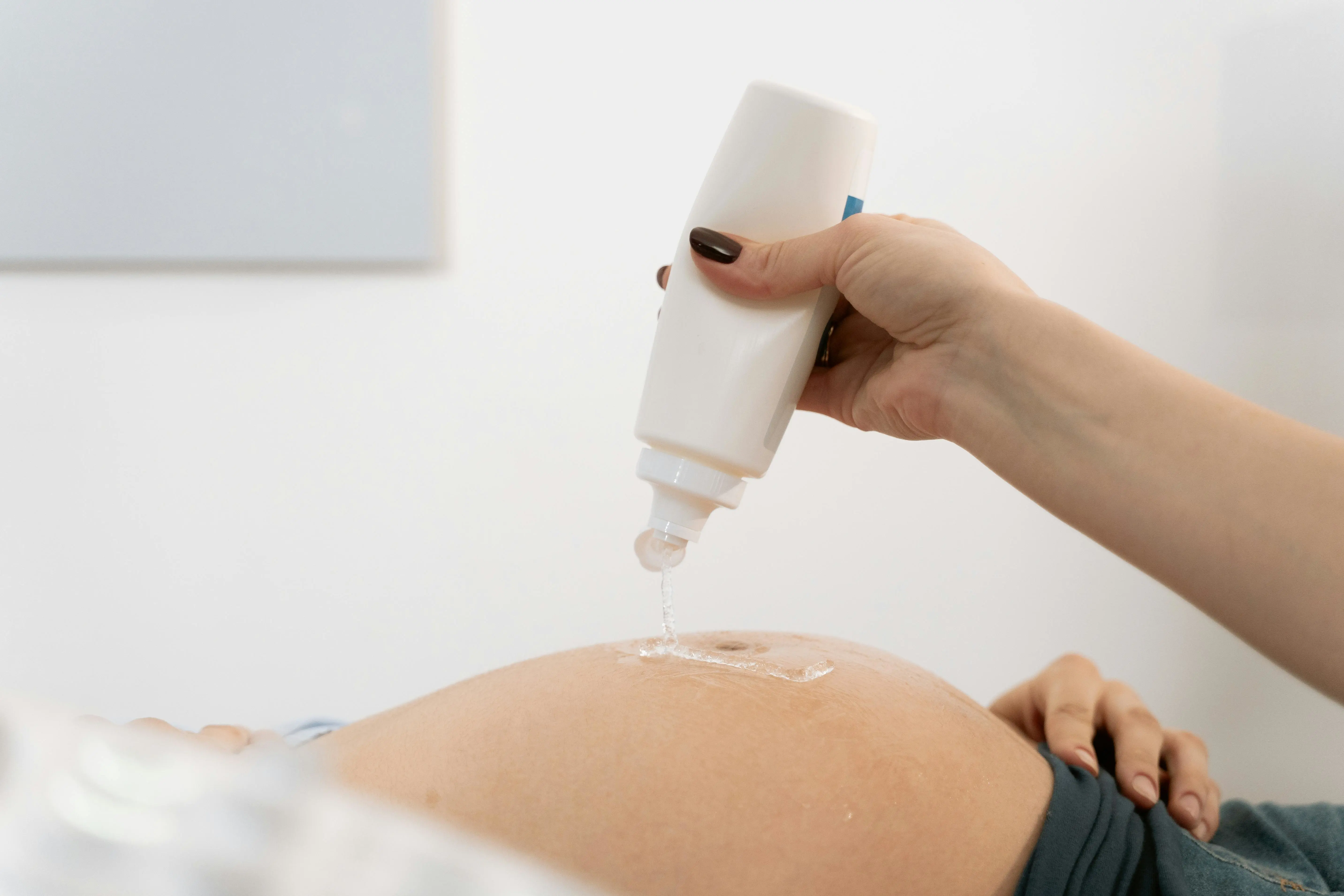
Finding a midwife to guide you through your pregnancy
Make an appointment with a midwife when you are pregnant. The midwife helps you during pregnancy, during the birth of the baby and also after.
In the first half of your pregnancy, you usually have an appointment with your midwife or gyneacologist every 4 weeks. Later every 2 or 3 weeks and at the end of your pregnancy every week. Sometimes you will have more or fewer check-ups. It depends on how you and your baby are doing.
At each visit, your midwife or gynaecologist examines:
Your baby's growth
The baby's heartbeat
Your blood pressure
Whether the baby is lying in a good position
The midwife or another doctor performs ultrasounds
During your pregnancy, you will have at least 3 ultrasounds to see how your pregnancy is going. Your health insurance or RMO will pay for these ultrasounds. Would you like more ultrasounds? You can discuss this with your midwife. If there is no medical reason for this, you will have to pay for the extra ultrasounds yourself.
Below you will read about the 3 ultrasounds you always get when you are pregnant:
The term ultrasound (between the 9th and 12th weeks)
The 13-week ultrasound
The 20-week ultrasound
You get an additional examination
In addition to the ultrasounds, you will also be offered a blood test to find out if your foetus has an abnormality. This is called the NIPT test. With this test, you can find out if your baby may have Down's syndrome, Edwards syndrome or Patau syndrome. An NIPT can also find other conditions. You can choose whether you want to know.
You can take the test from the 10th week of pregnancy. If you have an abnormal result, you can opt for follow-up testing. This will tell you for sure whether your baby will have Down's, Edwards or Patau syndrome at birth. The test itself is free of charge. Further testing is paid for out of your health insurance deductible.
You may be referred to a gynaecologist
The midwife may refer you to a gynaecologist. The midwife does this if there is a greater chance of problems during the pregnancy. Or if you or your unborn child need extra care.
Gynecologists are doctors who know a lot about treating problems during pregnancy or childbirth.
Contact the midwife or gynaecologist in the following situations
Call your midwife or gynaecologist right away if:
You fall on your stomach.
You have severe pain in your abdomen.
You have a persistent fever.
You lose blood from your vagina.
You lose a lot of weight.
You lose amniotic fluid.
You have a lot of discharge that smells strange.
You do not feel the baby moving well after week 26.
You have regular contractions.
Also contact the midwife if you think you are having a miscarriage
In a miscarriage, the pregnancy stops before you are 20 weeks' pregnant. If this happens, there is nothing you can do about it. About 1 in 10 pregnancies ends in miscarriage.
Signs that you are having a miscarriage include blood from the vagina and severe pain in the abdomen. It is important to see a midwife if you think this is happening. That person can help and take care of you. Sometimes a miscarriage does not progress properly. Then you need extra care from a midwife or doctor.